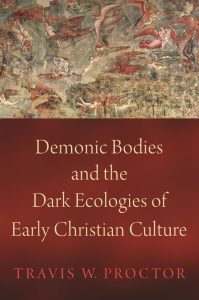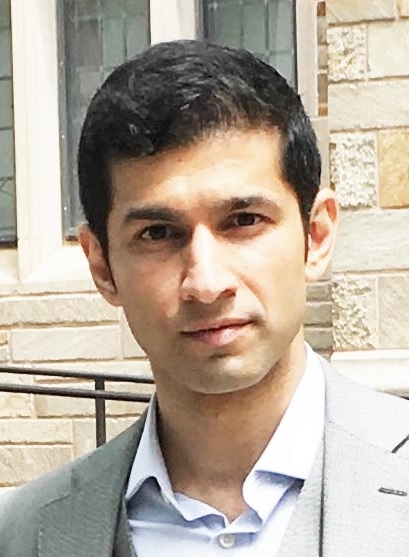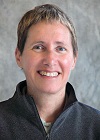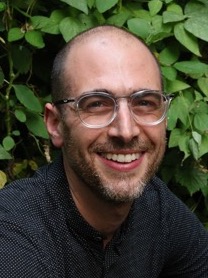In Memoriam: Bill Peck (1928-2021)
William Jay Peck taught in the Department of Religious Studies from 1970 until his retirement in 1994.
The child of missionaries in rural Guatemala, Bill was homeschooled until age 13. The Guatemala highlands, and the language and culture of Mam Maya people, remained a lifelong research and humanitarian interest.
Bill received his BA from Yale University. After completing a theology degree from Princeton University in 1954 he was ordained in the Presbyterian Church and worked as a pastor for three years in the coal districts around Weatherly PA. This experience led his to PhD studies at Harvard University, which he completed in 1962.
At UNC, Bill quickly became a figure of profound importance both in Religious Studies and in the larger university community. He was a teacher of influence and renown, to this day he is remembered for his powerful lectures during the Vietnam War era. He was a quiet but influential voice in the emerging Chapel Hill antiwar underground, providing a philosophically rigorous and theologically inflected language around which the cautious but searching students of those years could coalesce. He is lovingly remembered by generations of former students for the principled social ethics he developed in his lectures during that time.
Bill’s lectures were informed by his philosophical interests, principally the work of Dietrich Bonhoeffer, to which he devoted a lifetime of research. He was committed to the study of the Reformation, especially the work of Luther and Calvin. In modern philosophy, he studied and taught Kant, Hegel, Kierkegaard, Schleiermacher, Tillich, and Barth. He often focused this study through the lens of the psychology of religion. In the Department of Religious Studies, the concentrations of Religion and Culture and Religion in the Americas owe much to Bill’s unyielding philosophical curiosity.
In his later career, Bill took an interest in anthropological approaches to religion, and shamanism became a central concern of his. His courses on shamanism became a point of extraordinary contact with the generation of undergraduates who were adrift in the misanthropic political and economic milieu of the 1980s and 1990s. For twenty summers, Bill led groups of these students to the Guatemalan highlands, introducing many of them to the wonders of Mam Maya culture.
When Bill retired, his friends and colleagues established a fund in his name to support excellence among graduate student teachers. This was of utmost importance to Bill, such that long after his retirement, he passionately engaged graduate students on questions of teaching at every opportunity. The fund named for him continues to inspire graduate student teaching in the Department of Religious Studies.
Posted in
News & Events on December 19, 2021. Bookmark the
permalink.
 The Department of Religious Studies is delighted to welcome Dr. Eden Consenstein to the faculty as Assistant Professor and Mary Noel and William M. Lamont Fellow in Religion and Media. Dr. Consenstein holds a Ph.D. in Religious Studies from Princeton University and is an expert in religion, media, and capitalism in the twentieth-century United States. She is currently working on two book projects. The first, Religion at Time Inc.: From the Beginning of Time to the End of Life, examines the Presbyterian media mogul Henry Luce’s tenure as editor-in-chief of Time and Life magazines and chairman of Time Incorporated. Her second project, Pyramids of Plenty: Christianity and Multi-level Marketing, will trace the historical entanglement of Christianity, new media, and the multi-level marketing industry. This coming Fall semester, Dr. Consenstein will be teaching RELI 135, “Technology, the Self and Ethical Problems.”
The Department of Religious Studies is delighted to welcome Dr. Eden Consenstein to the faculty as Assistant Professor and Mary Noel and William M. Lamont Fellow in Religion and Media. Dr. Consenstein holds a Ph.D. in Religious Studies from Princeton University and is an expert in religion, media, and capitalism in the twentieth-century United States. She is currently working on two book projects. The first, Religion at Time Inc.: From the Beginning of Time to the End of Life, examines the Presbyterian media mogul Henry Luce’s tenure as editor-in-chief of Time and Life magazines and chairman of Time Incorporated. Her second project, Pyramids of Plenty: Christianity and Multi-level Marketing, will trace the historical entanglement of Christianity, new media, and the multi-level marketing industry. This coming Fall semester, Dr. Consenstein will be teaching RELI 135, “Technology, the Self and Ethical Problems.”


 Prof.
Prof.  Prof.
Prof. 